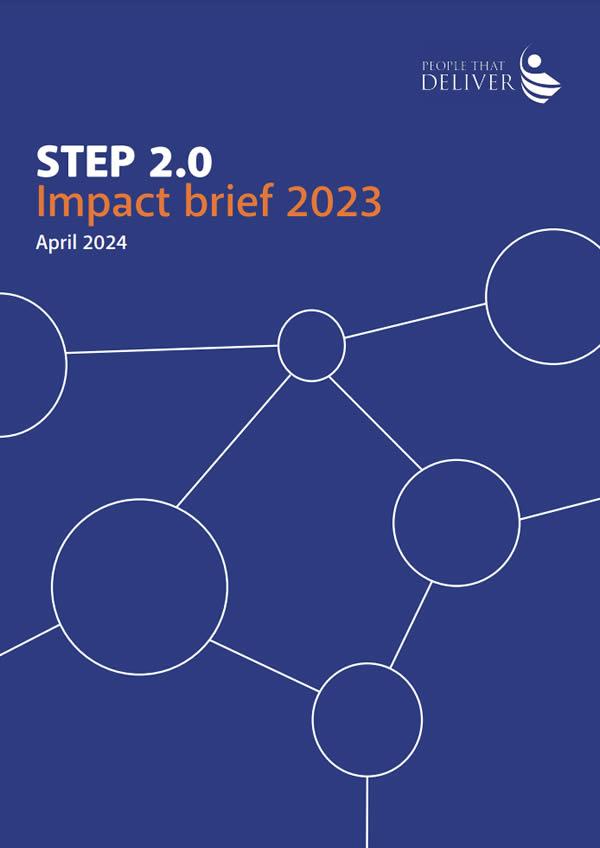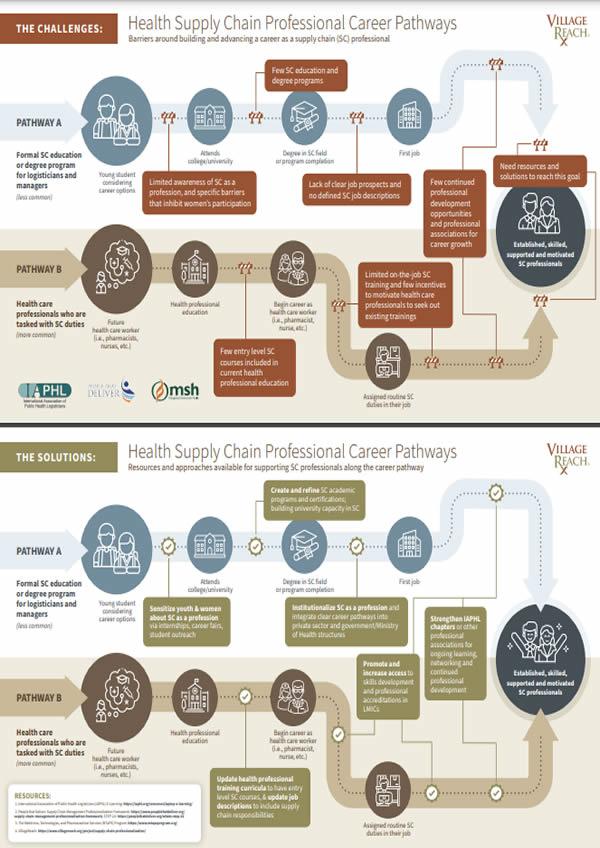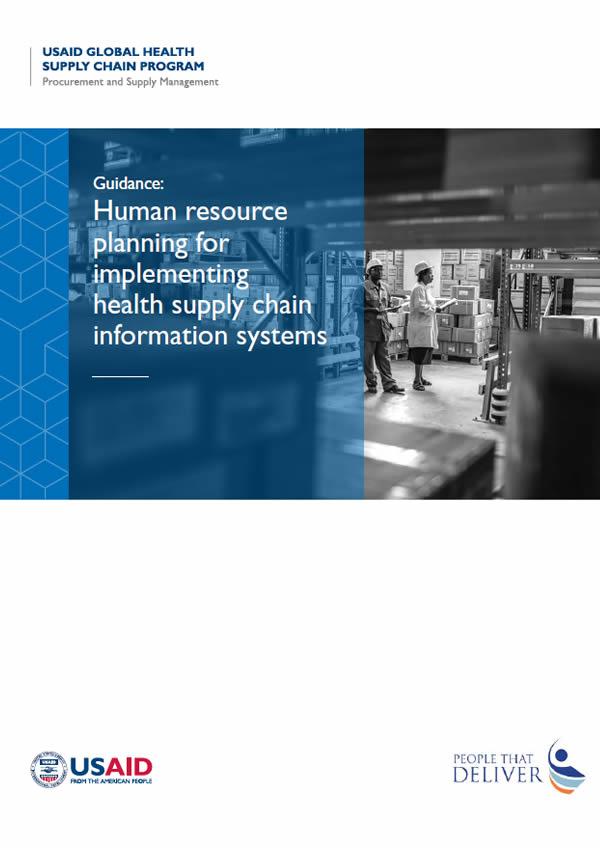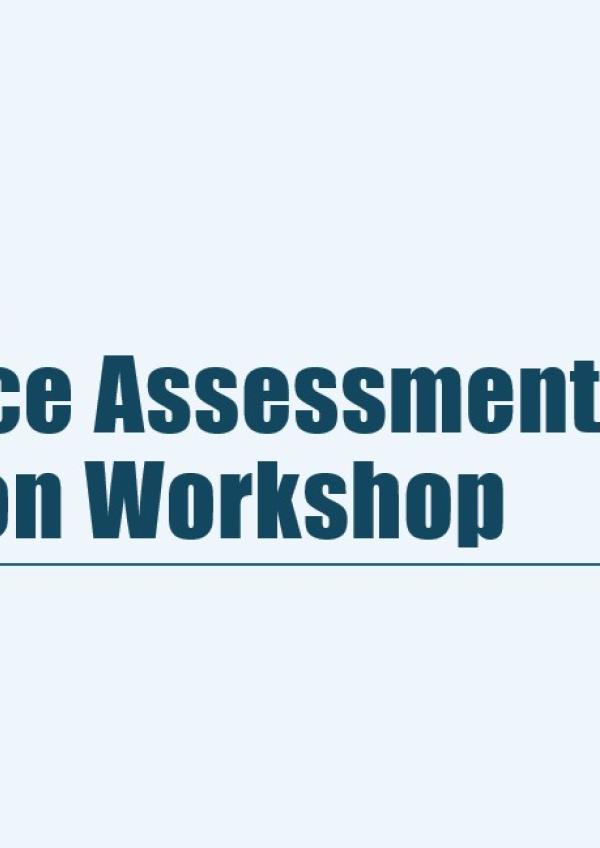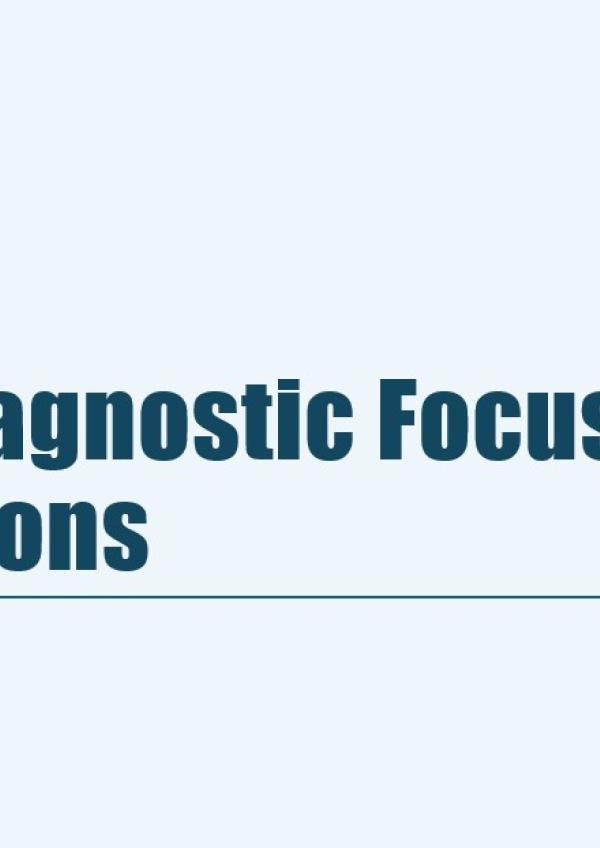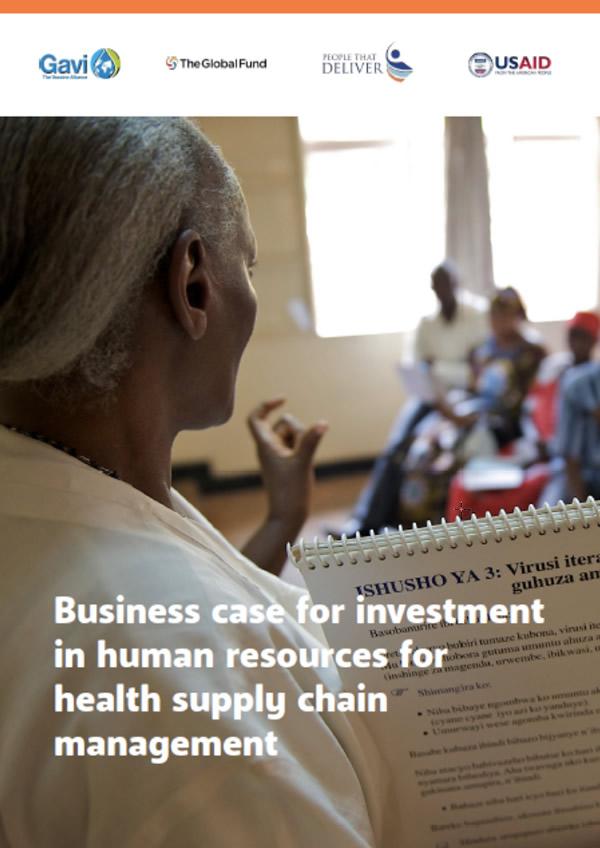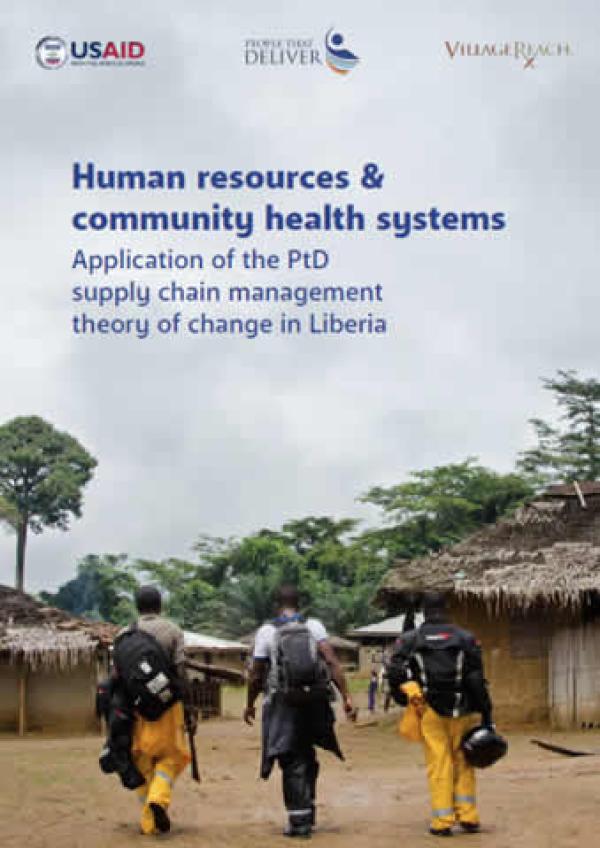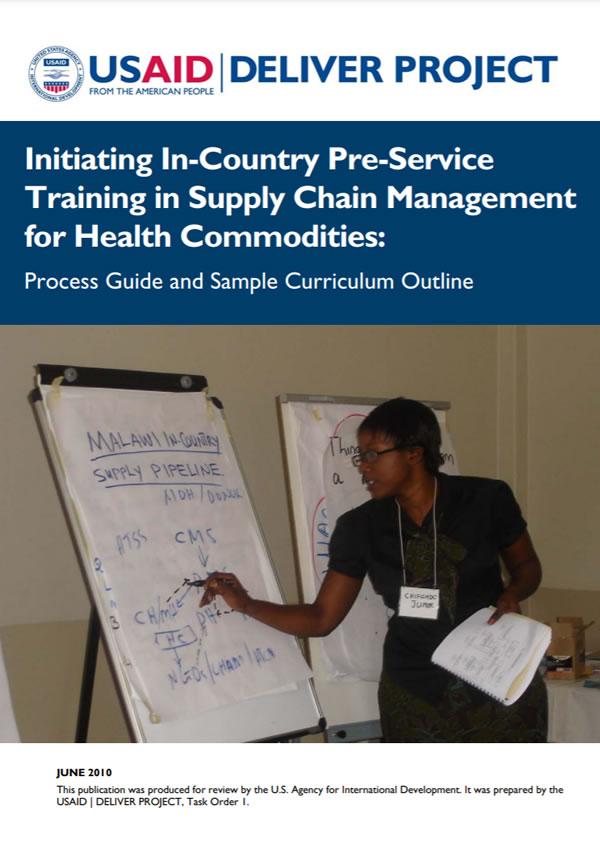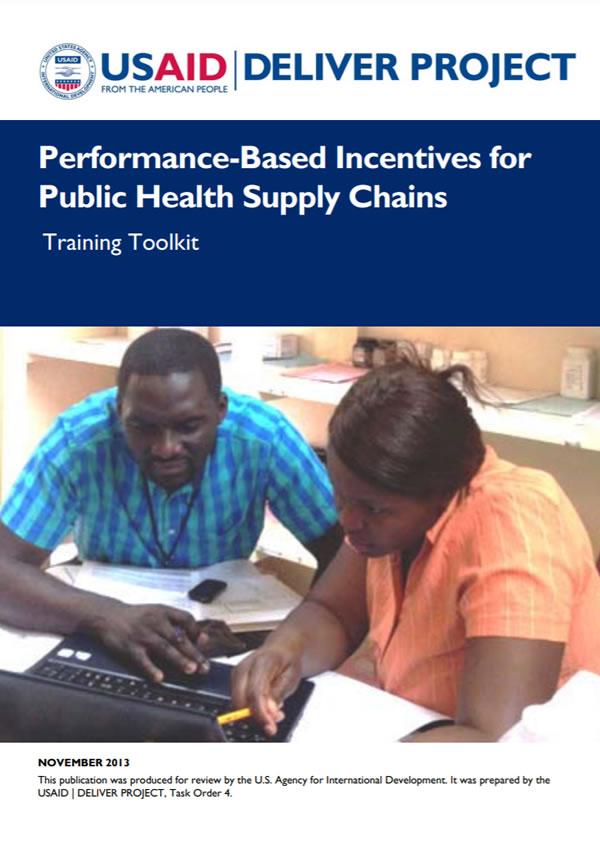VB: Resource
Resources
STEP 2.0 Impact brief 2023
This STEP 2.0 impact brief looks back on 2023. It centres on the year's completed programmes, hears from coaches and participants, and looks ahead to 2024.
- Category: Report
- Country: Global
- Focus area: Evidence-based solutions
- Language: English
- Year Published: 2024
Health supply chain professional career pathways
This is how to become a supply chain professional in low- and middle-income countries.
These infographics highlight two common supply chain career pathways. The first graphic highlights the challenges that the supply chain workforce faces and the second graphic highlights potential solutions and the available tools.
These infographics highlight two common supply chain career pathways. The first graphic highlights the challenges that the supply chain workforce faces and the second graphic highlights potential solutions and the available tools.
- Category: Tool
- Country: Global
- Focus area: Evidence-based solutions
- Language: English
Human resource planning for implementing health supply chain information systems
This guidance document provides recommendations to country governments and implementing partners to improve human resource capabilities for the management of supply chain information system (SCIS) implementations.
Digital transformation in health supply chains has the power to improve public health systems through the provision of tools to guide decision making, planning, and data management. By focusing on aligning the skills of human resources alongside fast-evolving technology, countries can ensure the effective utilisation of digital tools being implemented for supply chains.
Digital transformation in health supply chains has the power to improve public health systems through the provision of tools to guide decision making, planning, and data management. By focusing on aligning the skills of human resources alongside fast-evolving technology, countries can ensure the effective utilisation of digital tools being implemented for supply chains.
- Category: Guidelines
- Country:
- Focus area: Evidence-based solutions
- Language: English
- Year Published: 2024
Example presentation: Workforce assessment validation workshop
HR4SCM Diagnostic Process Presentation to introduce the diagnostic structure, objectives and workflow. This complements the guide and helps align the team’s practical understanding.
- Category:
- Country:
- Focus area: Country engagement
- Language:
Rapid Diagnostic Focus Group Discussions
15 core questions per pathway to guide focus discussions during implementation of the Rapic Diagnostic Tool.
- Category: Guidelines
- Country:
- Focus area: Country engagement
- Language: English
Business case for investment in human resources for health supply chain management
In this business case data collected from donors’ budgeted investments at country level for human resources for supply chain management (HR4SCM) over the period 2017-2020, coupled with questionnaire responses and interviews with supply chain managers in country, reveals the value of allocations in these four areas.
- Category:
- Country: Global
- Focus area: Evidence-based solutions
- Language: English
Human resources & community health systems: Application of the PtD supply chain management theory of change in Liberia
A Theory of Change diagnostic was carried out in Liberia to explore barriers related to the four pathways – staffing, skills, motivation and working conditions – from the perspective of community health workers (CHWs) and their supervisors. The report contains findings detailing the working conditions of CHWs and recommendations to improve their performance in line with the four pathways.
This diagnostic was conducted by People that Deliver (PtD) and supported by the United States Agency for International Development (USAID). It marks the first time that the PtD Theory of Change (ToC) has been used to examine CHWs in their capacity as members of the supply chain workforce.
This diagnostic was conducted by People that Deliver (PtD) and supported by the United States Agency for International Development (USAID). It marks the first time that the PtD Theory of Change (ToC) has been used to examine CHWs in their capacity as members of the supply chain workforce.
- Category: Research
- Country: Liberia
- Focus area: Country engagement
- Language: English
The Global Fund supply chain governance and workforce development framework
The governance and workforce development (G&WD) framework is a set of principles and processes supplemented with tools and resources to support Global Fund staff to approach supply chain (SC) transformation from a human resources perspective. The framework is intended to support Global Fund staff to holistically design and plan the workforce development investments required for and often requested by countries.
- Category: Tool
- Country: Global
- Focus area: Evidence-based solutions
- Language: English
Initiating in-country pre-service training in supply chain management for health commodities
For programs, governments and projects interested in implementing a pre-service training (PST) for the supply chain management of health commodities, this guide provides general information about the process, stages, steps, and activities required to initiate a successful PST program. The strategy outlined in this guide is based on experiences with PST by the USAID | DELIVER PROJECT and other projects implemented by John Snow, Inc. (JSI), in a variety of countries, including Benin, Bolivia, Morocco, Malawi, Ethiopia, Rwanda, and Zambia.
- Category: Guidelines
- Country: Global
- Focus area: Evidence-based solutions
- Language: English
Performance based incentives for public health supply chains
The USAID | DELIVER PROJECT has developed a short training module that introduces the basics of performance-based incentive (PBI) schemes for the public health supply chain. You can use the module to train yourself or others on implementing performance incentives to strengthen supply chains.
- Category: Tool
- Country: Global
- Focus area: Evidence-based solutions
- Language: English

